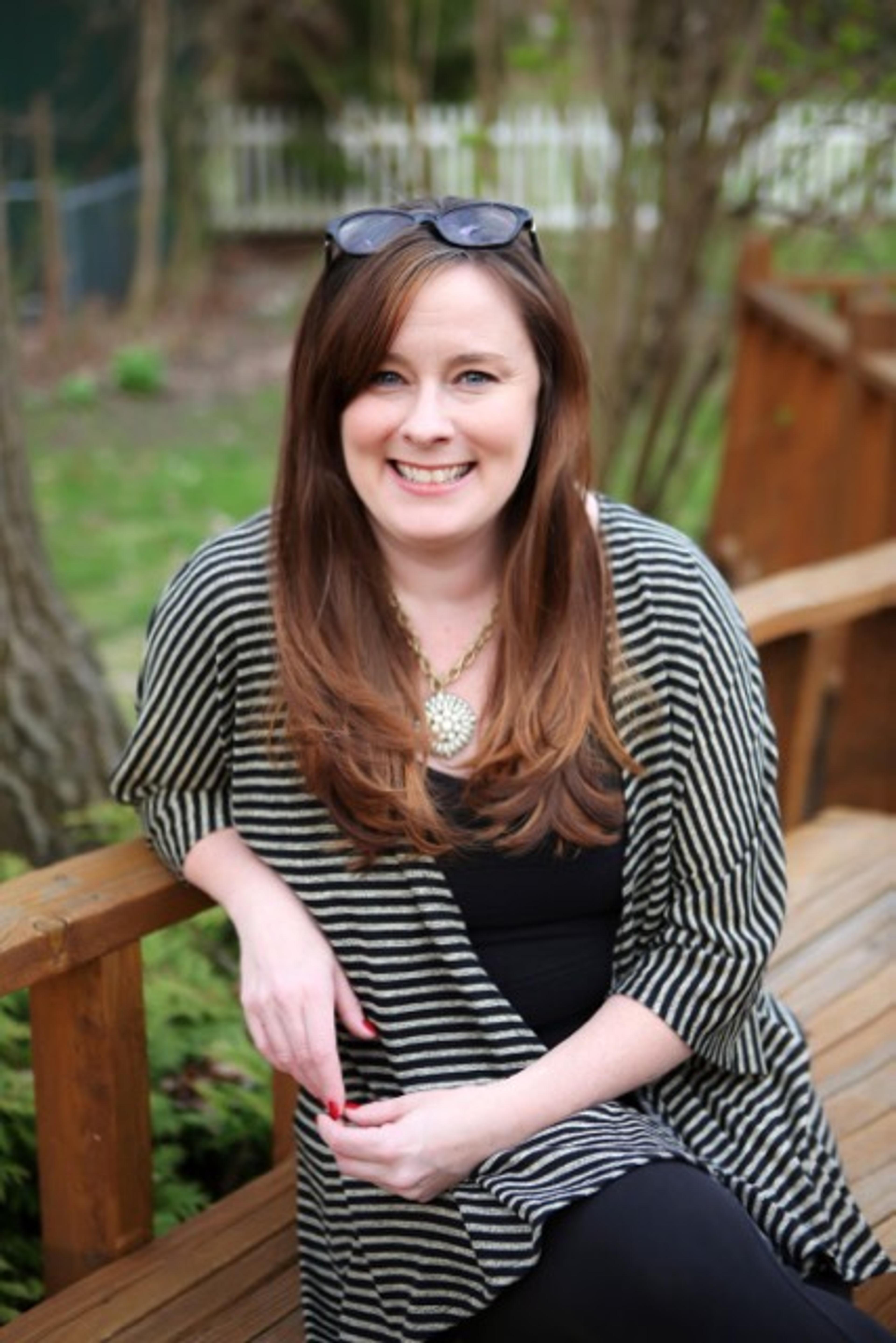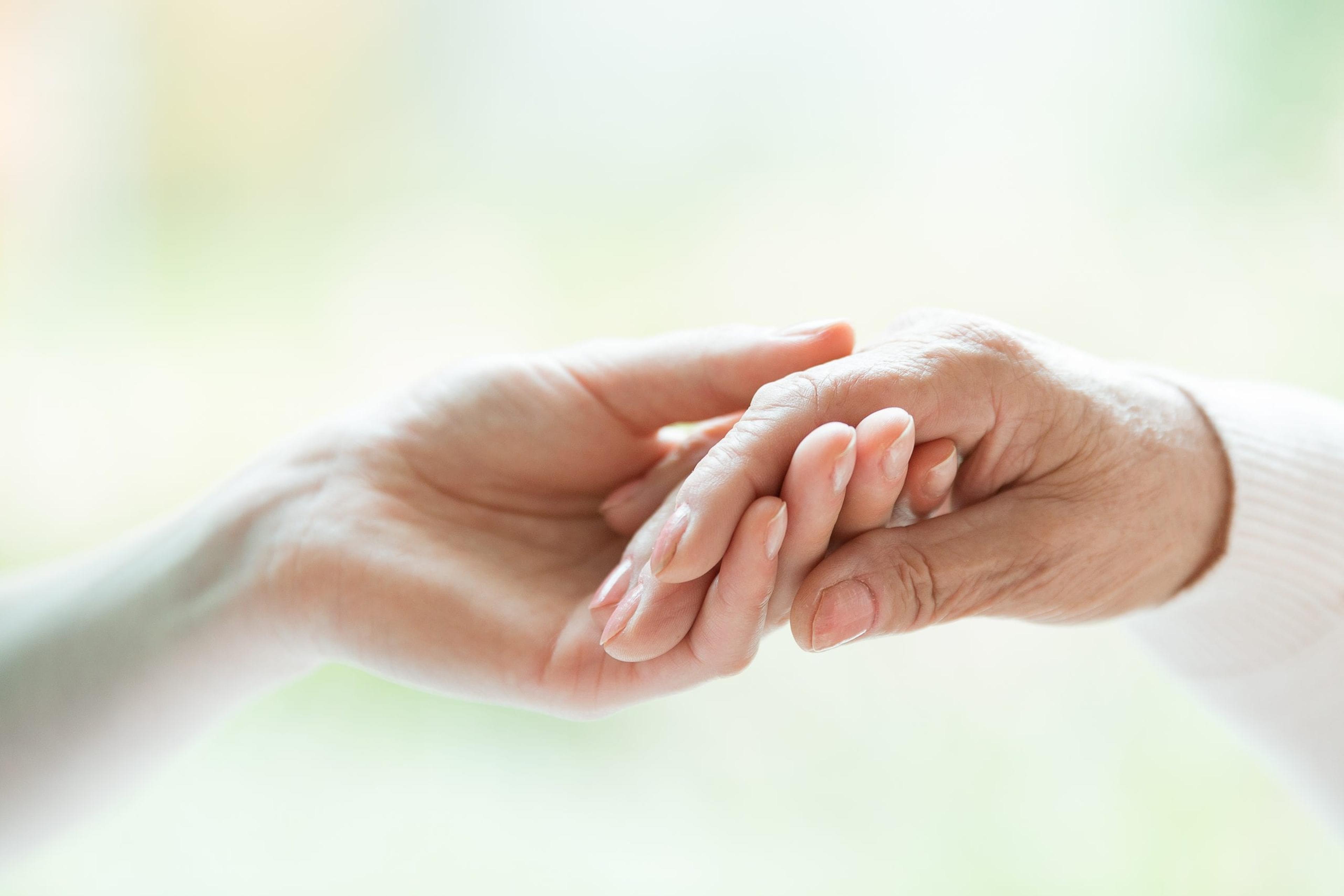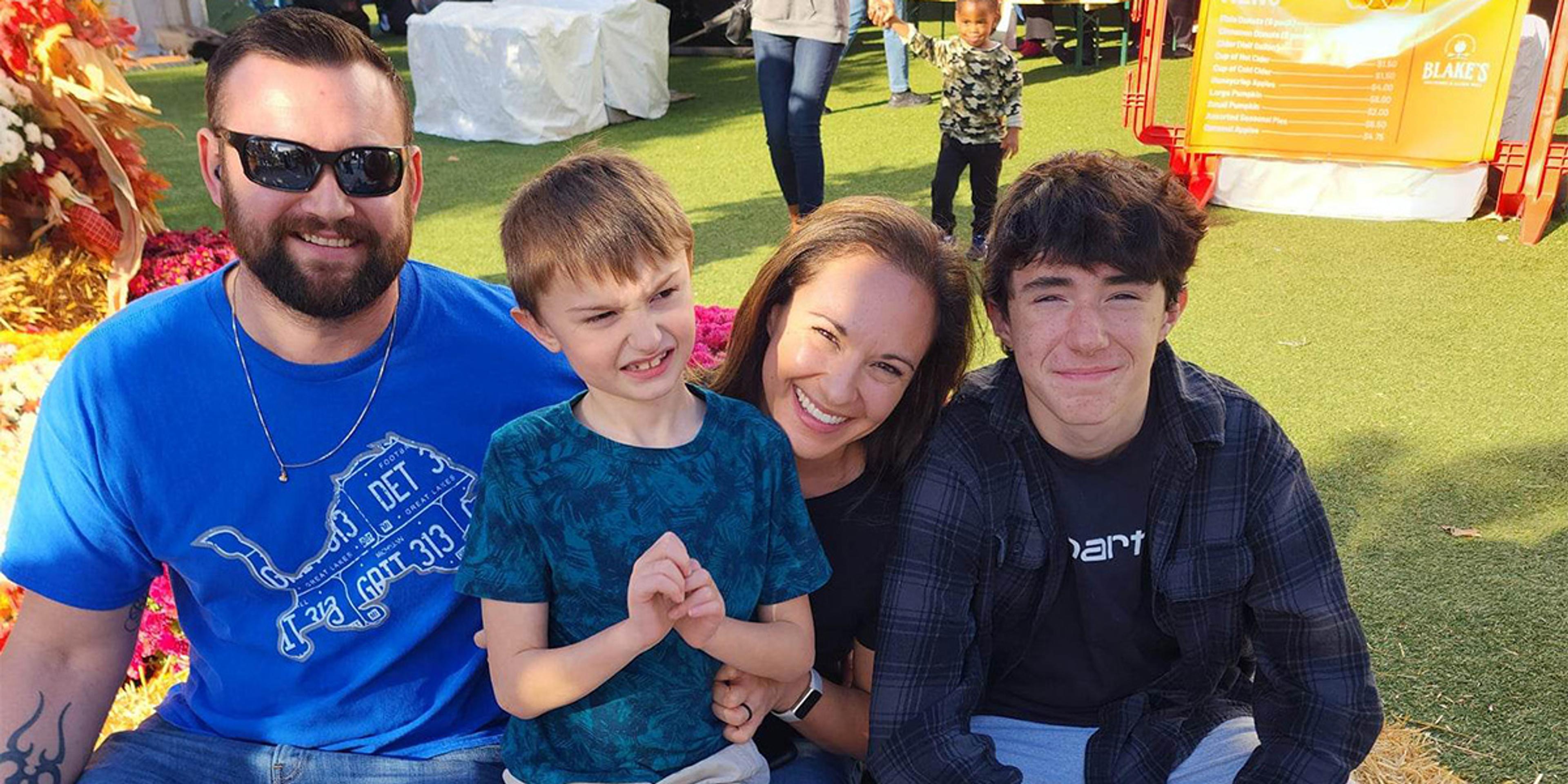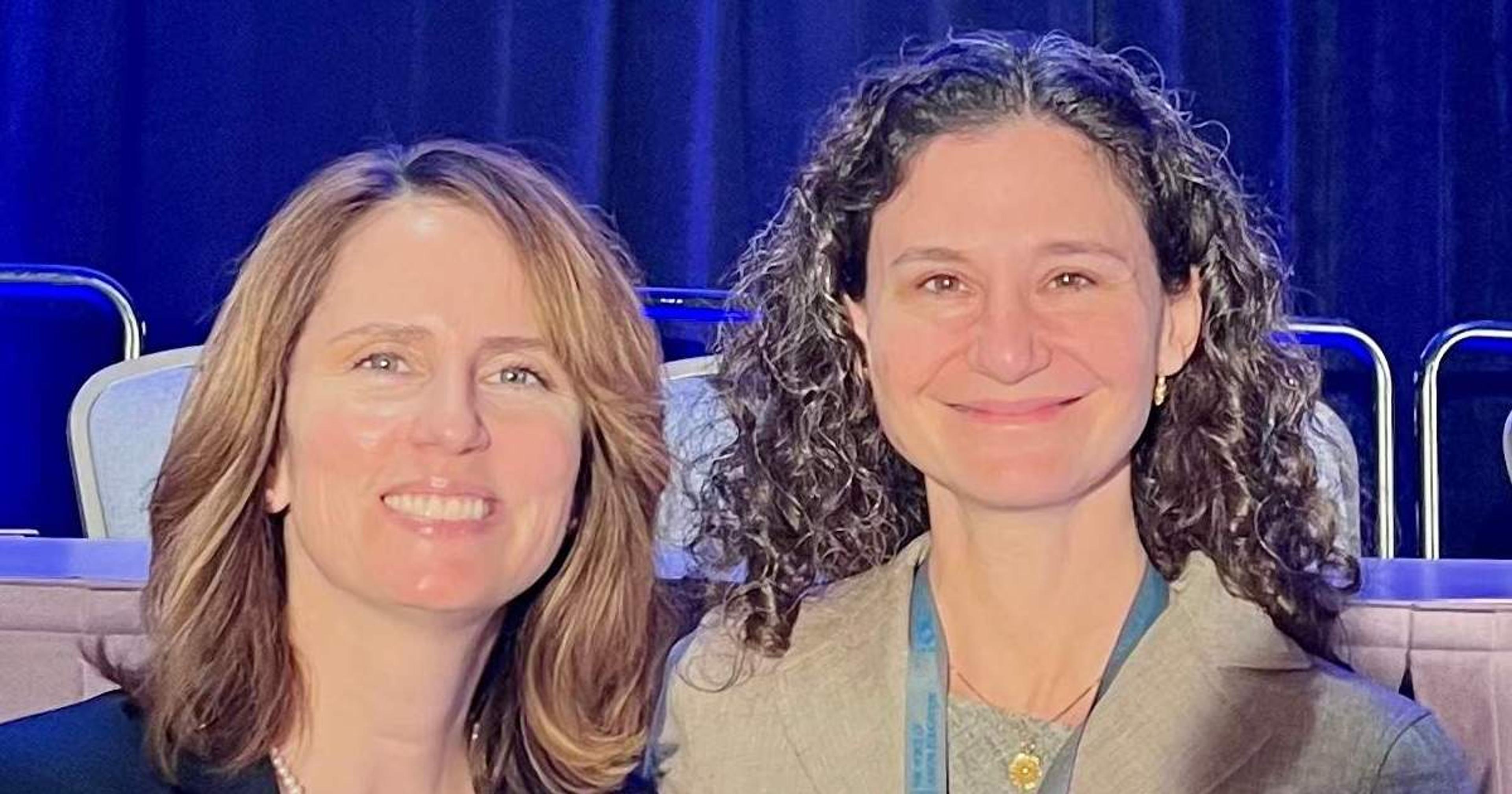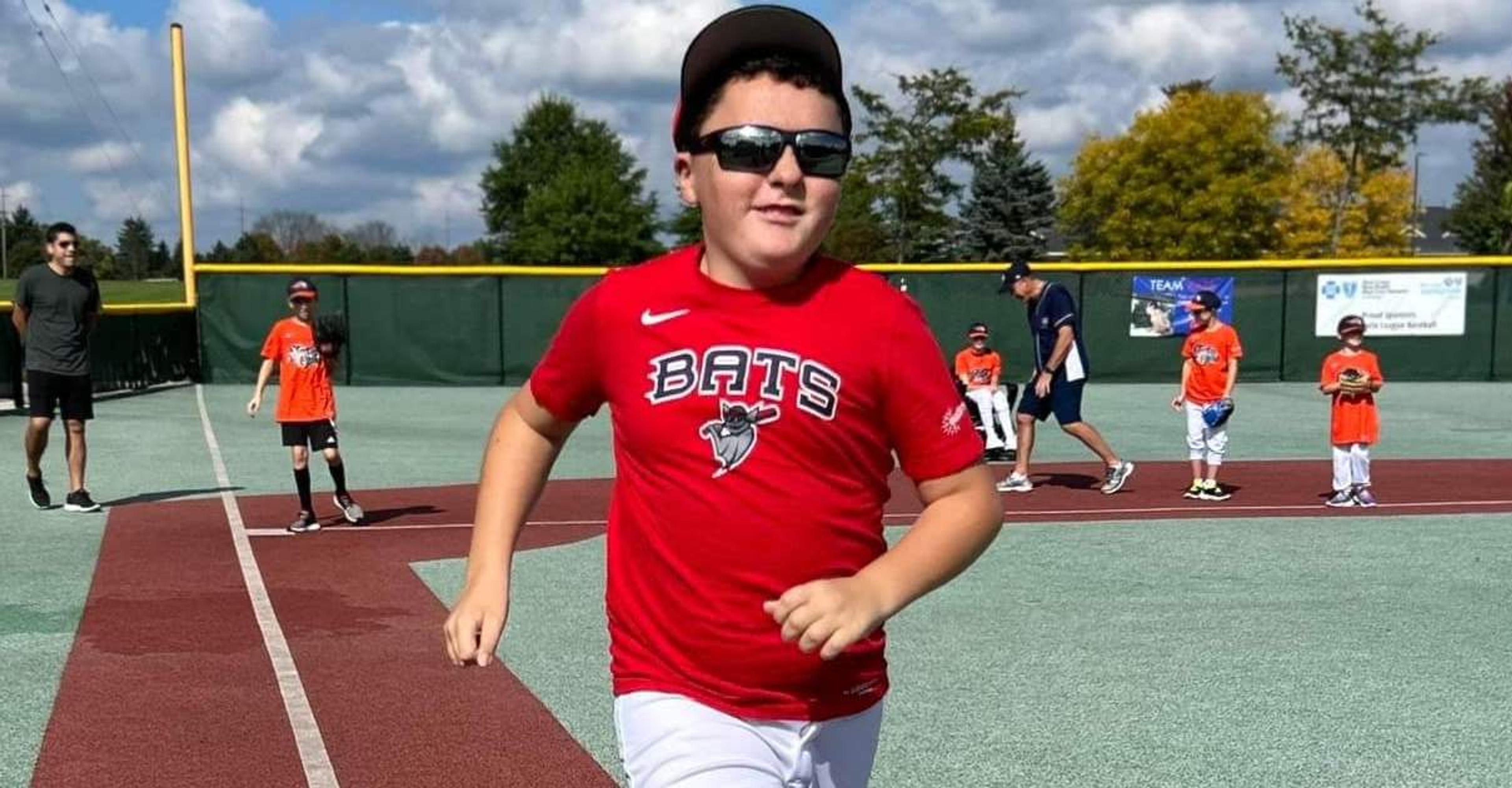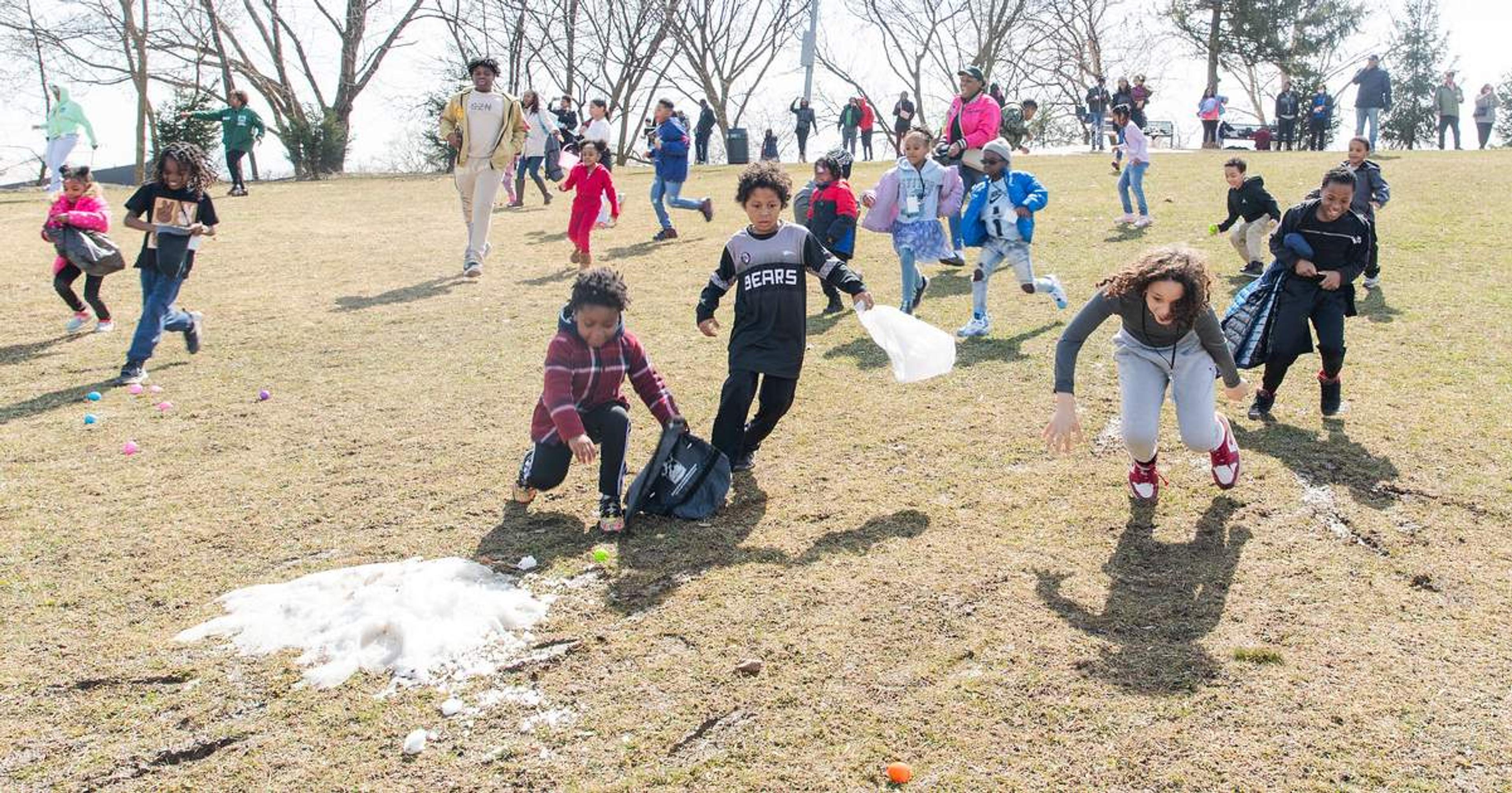On a cold February day several years ago, my Nana called me asking me if I had heard from my Dad. He was supposed to take her to the grocery store that day and he was late. I didn’t think much of it at first because he wasn’t that late yet and as wonderful as my Nana was, she could also be pretty demanding. My dad was her only child and her caregiver. It was a lot of responsibility and sometimes he would need to take a break and would do so without communicating about what he was doing. As the day went on, and after several more calls from Nana to my sister and me, we too began to worry. He wasn’t answering our calls either. My dad died that day, unexpectedly from a heart attack at 56. I was devastated beyond measure and while trying to deal with the complete shock of losing my dad, I quickly realized that I had just become a caregiver. I was 31-years-old, a newlywed and had a brand-new job. I had just started to get used to being a responsible adult myself – planning for my own future - and I had to now figure out how to be responsible for my Nana’s well-being and life decisions. It was overwhelming to say the least.
Nana with her twin granddaughters. For the next nine months, my sister and I shared the responsibility of caring for Nana. Thankfully, she was in fairly good health, but at 89 had limited hearing and sight, making it difficult to leave her alone for any length of time. I began looking into assisted living facilities and discovered that her financial resources would be exhausted in a year if we made that move. So, we hired a daytime caregiver for her and my sister and I took turns spending each night and weekends with her. During that time, we had many highs and lows. As I mentioned, Nana could be demanding, and understandably, she became more so after my dad passed. She didn’t like being alone for even a few minutes. There were days my sister and I would be running late from work leaving a gap in time where she was alone after her daytime caregiver’s shift ended. She would get impatient and scared and give us the business when we arrived. We knew she couldn’t understand the pressure we were under or fully comprehend what it was like for two young women trying to work and enjoy their young lives while making sacrifices to care for her. It was difficult to bear, but we smiled through it and did our best to make her feel loved and secure.
The author with Nana. I remember the highs of that time far more than the lows. We would spend hours together going through her old photos and I would ask her to tell me about everyone in them and what was happening in the photo. And I wrote it all down. She would laugh sometimes and wonder what I was doing or why I was so interested in the nitty gritty detail. But I knew my time with her was limited and I wanted to hear everything about her, in her own words. I also gave her lots of manicures and pedicures which she LOVED. My favorite memories of that time are of helping her brush her teeth and tucking her in to bed. There was something so comforting about knowing she was safe and peacefully sleeping when I would leave there each night. Becoming a caregiver, for many people, happens when you least expect it. An Easter Seals study found that one-third of Millennial and Gen X survey respondents identify themselves as caregivers, which reinforces data from other studies that caregivers are skewing younger. I learned through this process that there are so many helpful resources available – everything from guidance on making decisions to services that can help alleviate some of the burden. Here in Michigan, there are Area Agencies on Aging serving many communities with counsel and helpful resources. Ruth Lillian Christensen My advice to anyone in or facing a caregiving situation is to seek and accept help. You can only be the best caregiver if you are healthy in mind and body. Caregiving is taxing physically and emotionally so it’s important to prioritize your well-being too. My journey as a caregiver lasted less than a year. Ruth Lillian Christensen, my Nana, passed away nine months after my dad. She died peacefully in her sleep, right there in her bed where my sister had left her the night before. I was at peace knowing that we did the best we could to care for her with the resources that we had available to us and with all the love in our hearts. It was a trying time, but it was truly a privilege to give back to her after she had given us a lifetime of unconditional love and support. If you enjoyed this post, you might also like:
